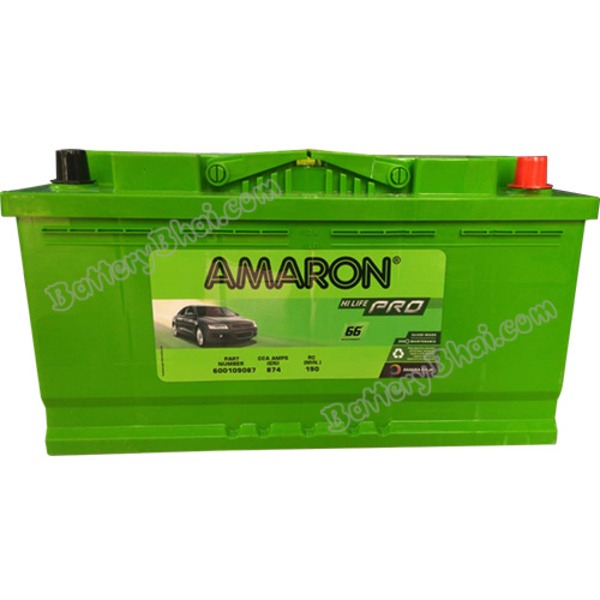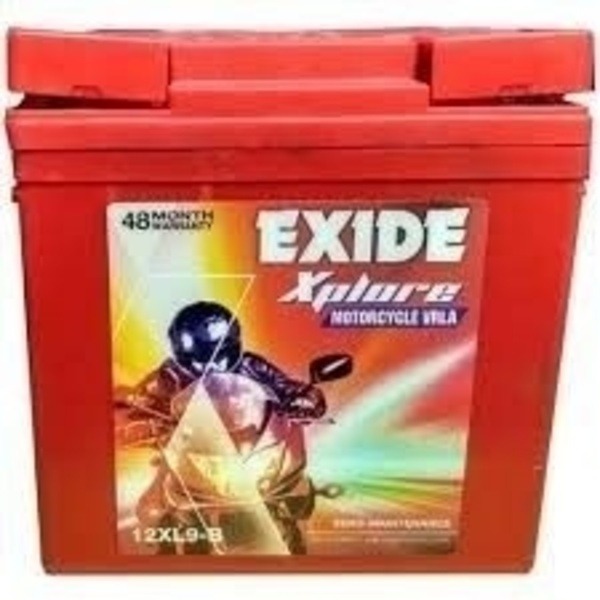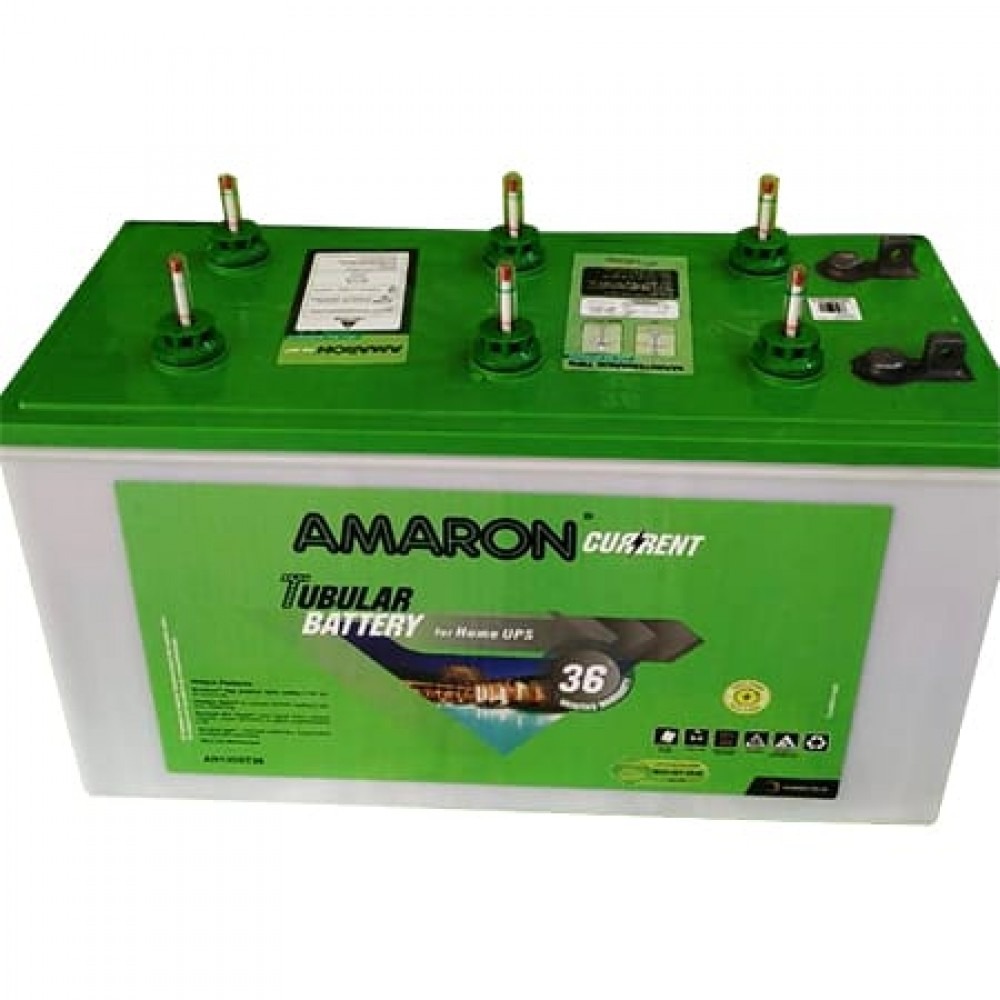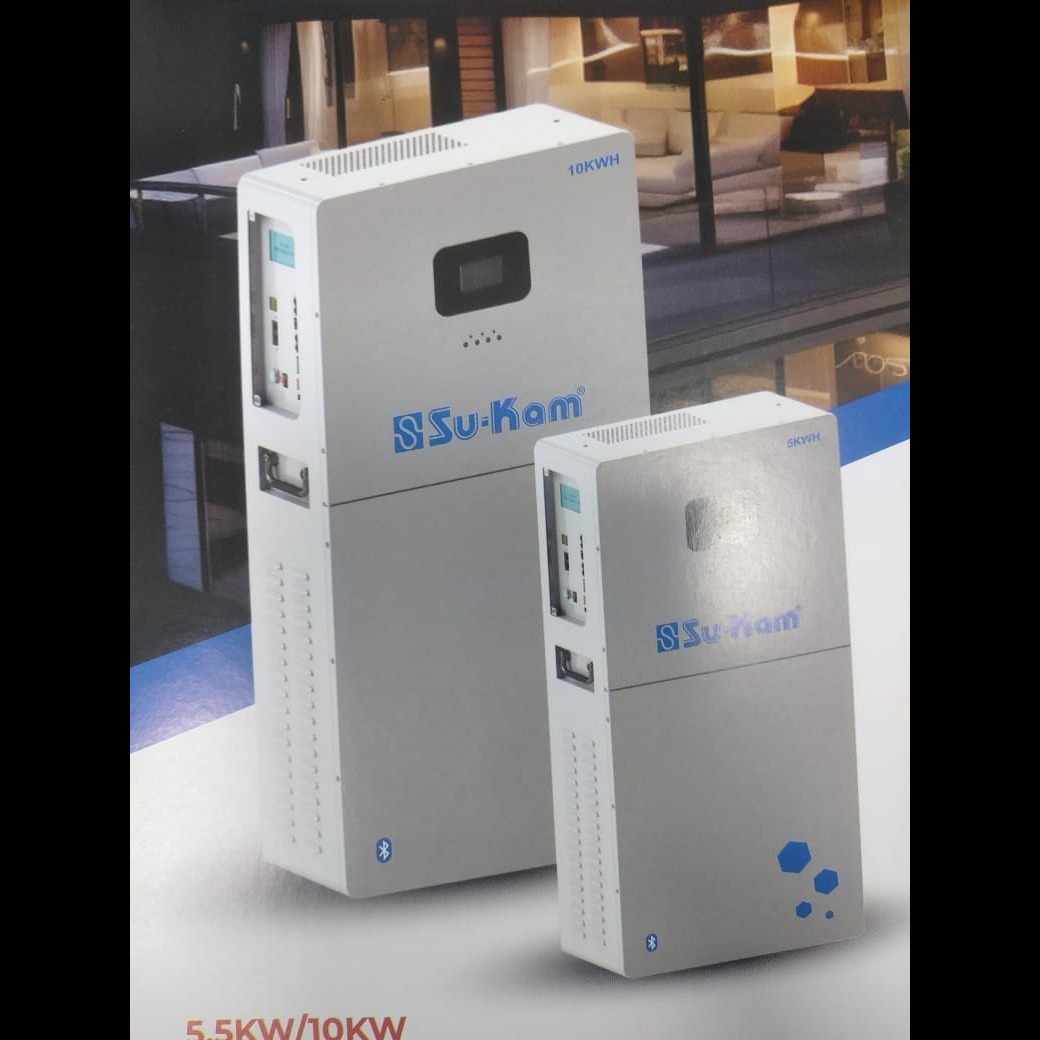
Car batteries come in several types, each designed to suit different vehicle requirements, climates, and usage patterns. The most common type is the lead-acid battery, known for its affordability and reliability. These are further divided into flooded (wet cell) batteries, which require regular maintenance like topping up with distilled water, and sealed maintenance-free (SMF) batteries, which are easier to use and require no maintenance. Another advanced type is the Absorbent Glass Mat (AGM) battery, which offers better performance, faster charging, and higher resistance to vibration and deep discharges, making it ideal for modern cars with start-stop systems and heavy electronic loads. Gel batteries, though less common, use a gel-based electrolyte and are highly resistant to extreme temperatures and vibrations, making them suitable for off-road and performance vehicles. The latest technology includes lithium-ion batteries, which are lightweight, charge quickly, and have a longer lifespan, although they are significantly more expensive and typically used in electric or hybrid vehicles. Choosing the right type of car battery depends on the vehicle's electrical demands, climate conditions, and the driver's preference for performance versus maintenance.


